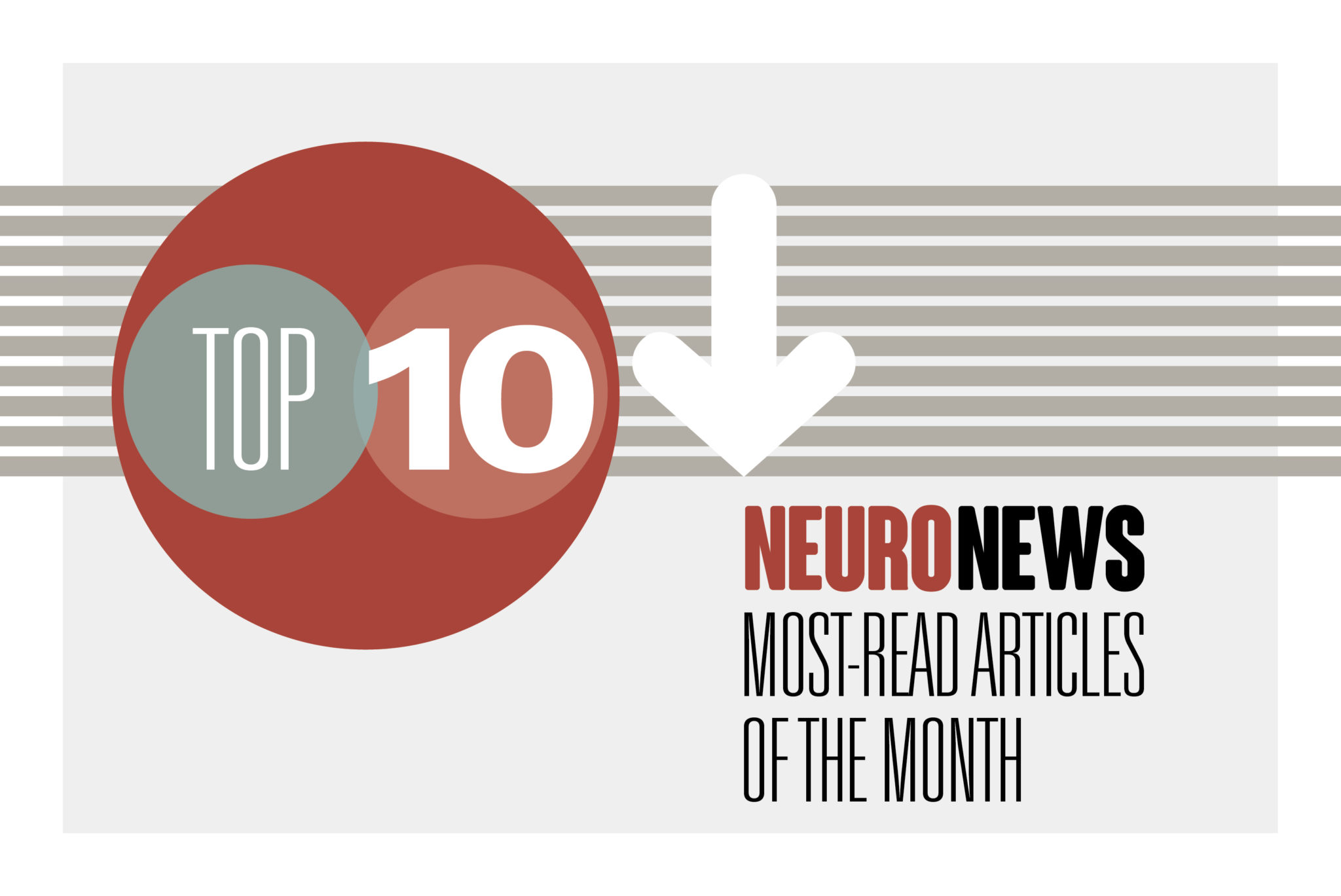 Multiple new pieces of major trial data presented at the Society of Vascular and Interventional Neurology (SVIN) annual meeting (16–18 November 2023, Miami, USA) feature across NeuroNews’ 10 most popular stories from December. Insights on intracranial aneurysm care—including a contributed article on the work being done by the Brain Aneurysm Foundation in Lithuania—also caught our readers’ attention last month.
Multiple new pieces of major trial data presented at the Society of Vascular and Interventional Neurology (SVIN) annual meeting (16–18 November 2023, Miami, USA) feature across NeuroNews’ 10 most popular stories from December. Insights on intracranial aneurysm care—including a contributed article on the work being done by the Brain Aneurysm Foundation in Lithuania—also caught our readers’ attention last month.
1. Endovascular therapy under general anaesthesia linked to improved functional outcomes versus sedation
The multicentre, randomised SEGA trial has found that acute ischaemic stroke patients who receive endovascular therapy under general anaesthesia experience better functional outcomes at 90 days compared to those who receive the procedure under conscious sedation.
2. Study finds “eye-opening” variability across physician estimations of flow-diverter deployment
A comparative study recently demonstrated the promise held by PreSize Neurovascular (Oxford Heartbeat) software in consistently and accurately making predictions about flow-diverter placement in intracranial aneurysm treatments. However, according to lead study author Ansaar Rai (Morgantown, USA), a potentially even more revealing aspect of this research was the discrepancy observed across a number of experienced physicians, and their attempts to estimate flow-diverter deployments manually.
3. Q’Apel Medical launches new-generation Hippo aspiration system for stroke thrombectomy
Q’Apel Medical has launched a new-generation aspiration technology, the 072 Hippo aspiration system, which has been developed for patients suffering from a stroke due to a large vessel occlusion.
4. Kaneka Corporation acquires Japan Medical Device Technology
Kaneka Corporation has acquired all shares of Japan Medical Device Technology and has made it a wholly owned subsidiary.
5. Tenecteplase deemed a safe and feasible adjunct to thrombectomy in ALLY pilot study
Intra-arterial tenecteplase has demonstrated potential as a safe and feasible adjunct to mechanical thrombectomy in patients with acute ischaemic stroke caused by a distal large vessel occlusion who achieve “successful but incomplete” reperfusion, as per findings from the ALLY pilot study.
6. Rapid announces Japanese approval and exclusive partnership with Kaneka for Tigertriever
Rapid Medical has announced Japanese approval for its Tigertriever revascularisation device. With Pharmaceuticals and Medical Devices Agency (PMDA) approval, Tigertriever serves as “the first device to offer individualised solutions for mechanical thrombectomy”, a Rapid press release claims.
7. Understanding brain aneurysms: Prevalence, burden, and empowering patients
In a guest piece for NeuroNews, Arūnė Simanavičienė (Kaunas, Lithuania) and Audrius Širvinskas (Vilnius, Lithuania) highlight the work being done by the Brain Aneurysm Foundation in Lithuania, and its attempts to boost awareness of the finer details of intracranial aneurysm care among both patients and physicians.
8. New SOFAST data show high technical success and first-pass rates with Sofia aspiration catheter
Fresh data from the SOFAST study have indicated high rates of technical success and first-pass reperfusion with the Sofia 6Fr Flow Plus aspiration catheter (Microvention/Terumo), indicating that the device is both safe and effective in large vessel occlusion acute ischaemic stroke patients.
9. Philips enrols 100th patient in WE-TRUST study of direct-to-angio-suite approach
Philips has announced that, on 29 November 2023, the WE-TRUST study enrolled its 100th patient, marking what the company describes as an “important milestone” in the target of enrolling more than 500 stroke patients by the end of 2024. The 100th patient, a 70-plus-year-old female admitted less than three hours after symptom onset, was enrolled at the Hospital Geral de Fortaleza (Fortaleza, Brazil) by the clinical team of Francisco Mont’Alverne and Fabricio Oliveira Lima.
10. BCV secures €6 million in Series A funding round
BCV has announced that it has secured €6 million in a Series A round of financing led by Forepont Capital Partners, with other investors including NTI, MEDCO and existing French investors. This Series A funding brings the total amount raised since the company’s inception to €13 million.







